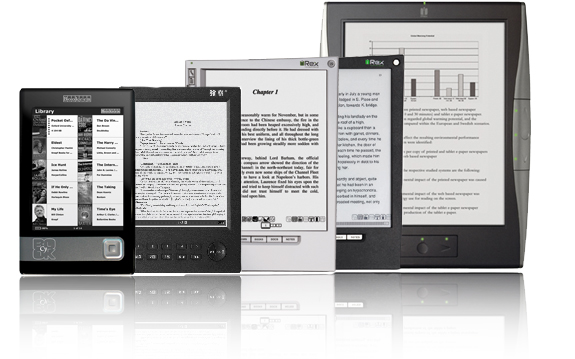
Still, without the cost of printing and hauling the books around by truck, surely the cost has to be around a buck, some people reason, so isn’t $2 for an ebook reasonable?
A number of authors in postings, on the other hand, have applauded Macmillan, stating that it’s good that Amazon is not becoming an ebook monopoly. After all, it’s not farfetched that Amazon could dictate to publishers the price they’ll pay in the future. If the list price of a book were $2, as above, then authors would be getting even fewer royalties.
Laura Miller, in one of her fabulous Salon.com columns, wrote a piece called “Kindle Killer” about the cost of ebooks in reference to the Macmillan debate. She states that no matter what form you’re getting a book in, you’re not really paying for an object. She says, “Most consumers believe that e-books should be a lot cheaper than print books because the publisher has been spared the expense of paper, printing, binding and shipping/distribution. However, only about 20 percent of the cover price of a new hardcover goes to those costs: about $5 out of $25.
“Retailers take from 40 to 50 percent, and after that, the majority of the cost of a new book goes to author royalties, editing, design, marketing, publicity, overhead and so on. But these elements aren’t material or tangible, and as a result, consumers seem to be skeptical about their true worth. Or, more to the point, their value now seems to be unstable. By comparison, when iTunes was first introduced a decade ago, hardly anyone believed that most of what they paid for when buying a CD went toward manufacturing the little silver disk and its plastic case.”
As I was noodling around Amazon the other day, I came across a posting by author Anne Rice (who wrote Interview with the Vampire). She was considering debuting her next novel on the Kindle rather than with a big publisher. She had mostly questions about the possibility of this and had heard somewhere that most new book titles sold more in electronic form than in print. The fact is, Kindle sales are only about 2% of all book sales. It will grow, but not to where Rice is thinking it is now.
That showed me, however, that if major authors might be considering leaving their publishers and going the independent publisher route, then the times are indeed changing. Major authors would already have the advantage of people wanting their next books. If they created their own companies, and hired their own editors and designers and published as the authors do at Backword Books, which is to say overseeing both print and electronic forms of their books and distributing directly with Ingram, then the major authors would probably do well. After all, their previous publishers did all the marketing, making the author’s name recognizable. Besides hiring a publicist, little more might have to been done for a major author going indie. Write and control everything in the publishing process.
Of course, I’m on the other side, wanting to do less of the publishing process. Marketing takes up a lot of time, time that I could spend writing. Let someone else do the marketing.
To contrast this from another angle, though, author Steve Almond wrote that after being published many times, he was sick of the whole process. He said he knew the publishing industry wasn’t trying to piss him off, “But it’s awfully hard to remember that when you’re dealing with an agent who says your novel is ‘too literary’ to sell in today’s market, or an editor who wants to slap a picture of a chimpanzee on the cover of your book, or a publicist who earnestly assures you that your sales ‘will depend on your use of Twitter as a marketing platform.’” Read his article, “Presto Book-O—Why I Went Ahead and Self-Published.”
As for Rice’s notion of going Kindle first, then maybe offering printed versions as a kind of collector’s item, that may be the future.
As for the ideal price of ebooks, David Poynter and Mark Coker did a major study of ebooks priced at Smashwords. They examined the prices of 13,500 ebooks and compared them to their sales, and instead of one sweet-spot price coming up, two did: $4.99 and $8.99. As Coker writes, “The supply curve isn’t so elastic that readers will read an unlimited amount of content at lower prices. A reader’s time is limited, and the reader values their time, so it would make sense the reader is willing to invest good money if they know it’s for a quality read. The possible lesson here, and it’s a bright note for authors with the ability to develop high quality content, is that readers will pay for your content if it’s worth paying for.”
To read their study, “How to Publish and Price an Ebook,” click here.
In short, you’re in a year of change.
Get an Editorial Review | Get Amazon Sales & Reviews | Get Edited | Get Beta Readers | Enter the SPR Book Awards | Other Marketing Services











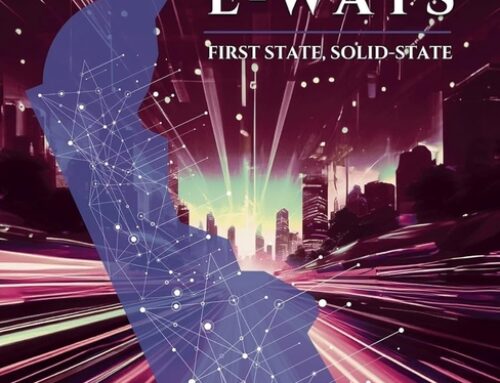

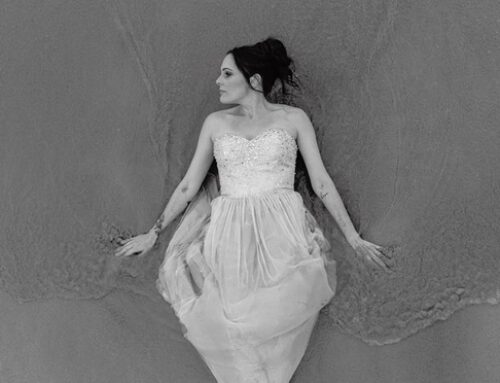
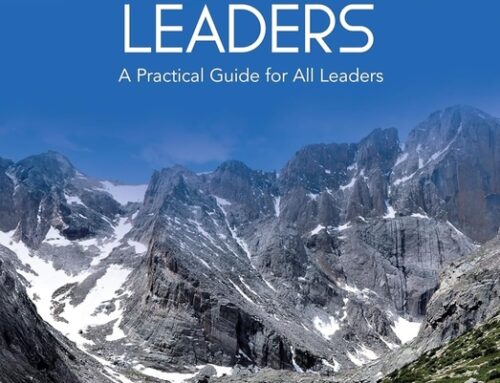


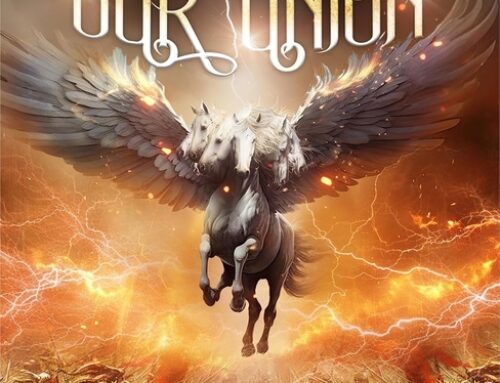



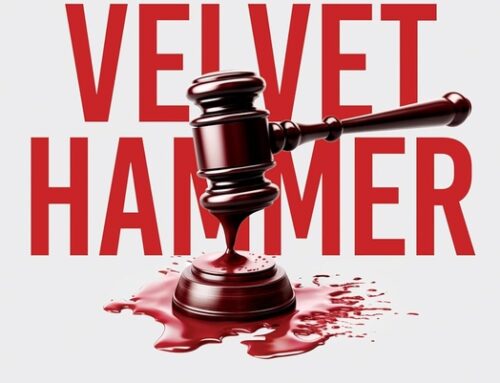
I haven’t watched that one, but the other day I rented a new Robin Williams movie entitled, “World’s Greatest Dad”. I figured it should be fairly good with Robin Williams in it, right? I got about 20 minutes into it and finally HAD to turn it off. Not the singular worst movie I’ve ever seen (tried to see), but very close to it. Maybe it would’ve gotten better…NOT!
To me, one of the greatest parts of the new electronic age is that authors have that choice you mentioned: to be involved as much or as little in the process as they’d like. Some want full control of everything from printing to design and marketing, whereas others just want it taken care of for them. But every author, from the biggest fish to the biggest nobody, has some iteration of that choice. Which is pretty darn cool, methinks. Great article!
Thank you for this. I read Steve Almond’s post and felt inspired as well as validated.
A lot of the ebook pricing discussion is really moot. Has anyone looked at the price of a trade paperback on Amazon vice the price of a Kindle edition? I have, for a blog I did months ago (see below). In most cases, an offset trade paperback from a trade publisher sells on Amazon for around $10.25. Most independently produced Kindle editions sell for $9.99.
Why would I NOT spend $10.25 when I can resell the used book–on Amazon!–or lend it to ten or twenty friends and then sell it used on Amazon?
Since the Macmillan flap a few weeks ago, the stupids running Big Publishing have begun routinely charging $14.99 for an ebook you can by as a trade paperback for $10.25. Cheesh. This helps authors how? I own a $500 Kindle DX I’d scrap in a heartbeat if the choice was between a $9.99 ebook and a resellable $10.25 trade paperback. In fact, I’m back to buying trade paperbacks and getting free shipping for my $25+ order.
Here’s the blog I mentioned:
http://www.facebook.com/pages/Pacifica-Military-History/161691895193?v=app_2373072738#!/topic.php?uid=161691895193&topic=10661